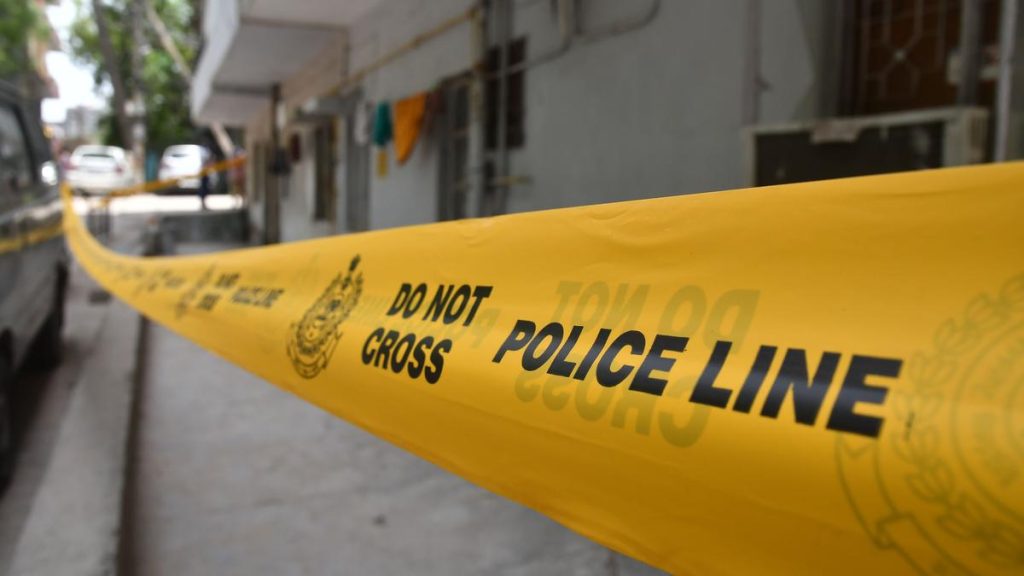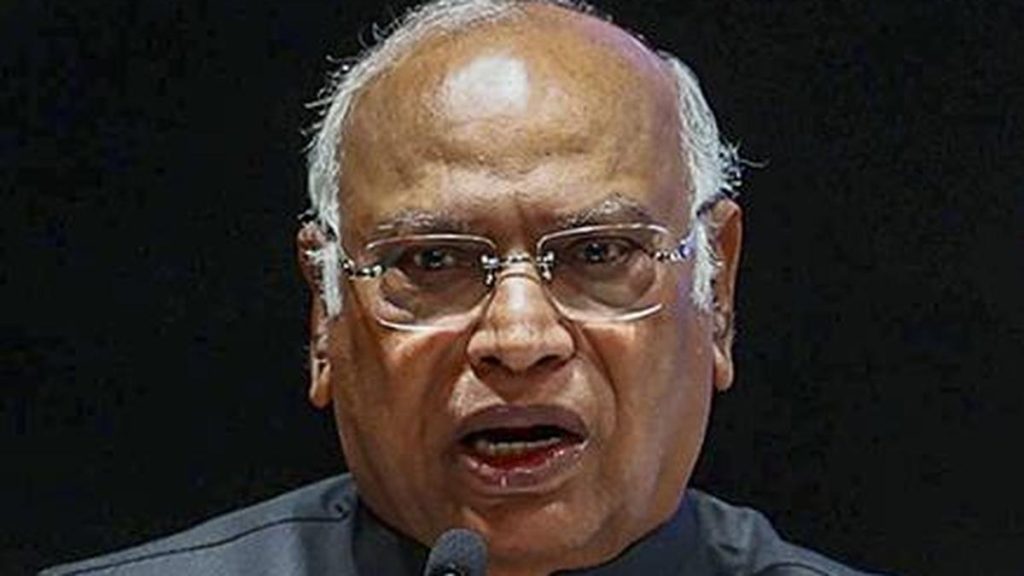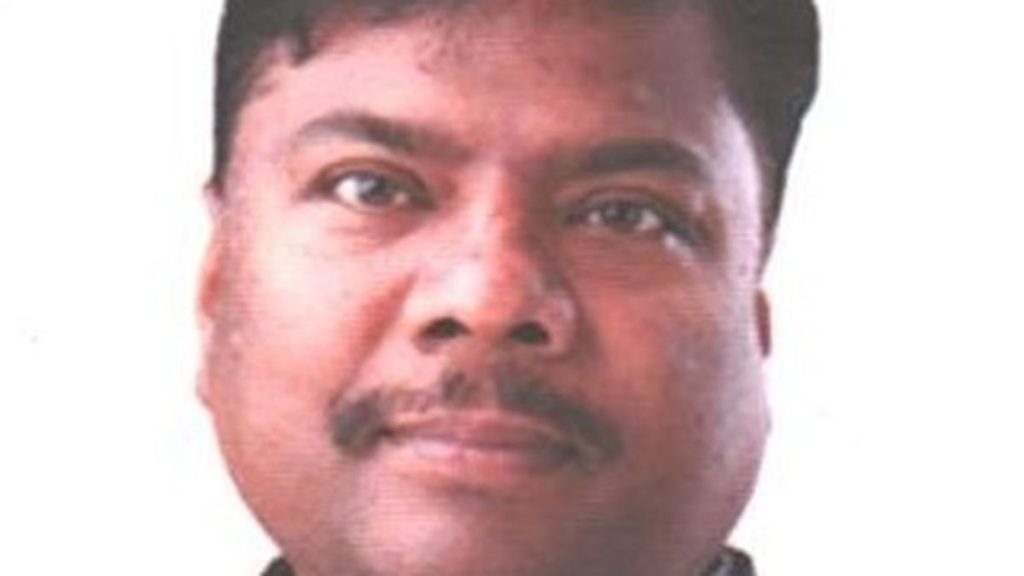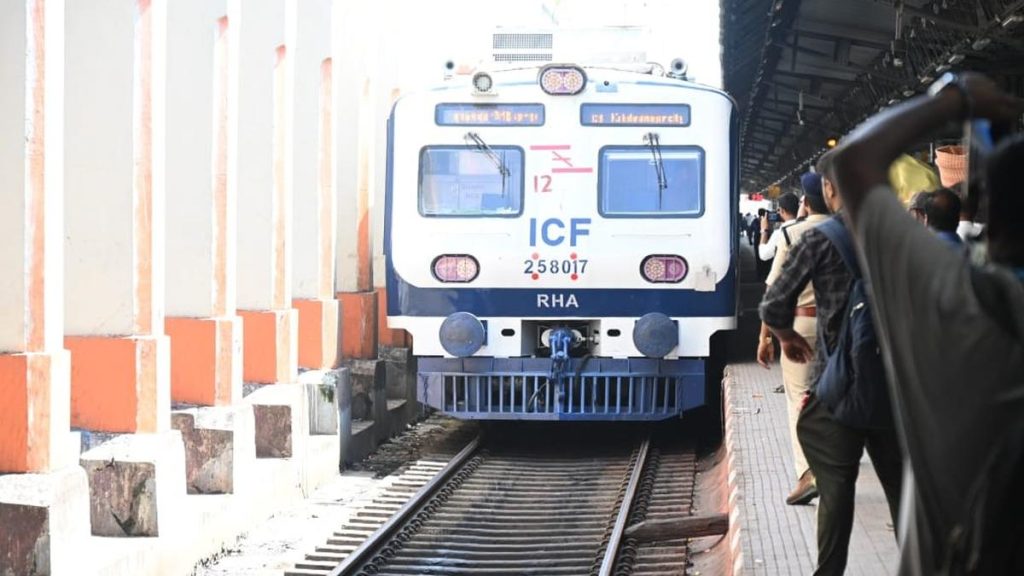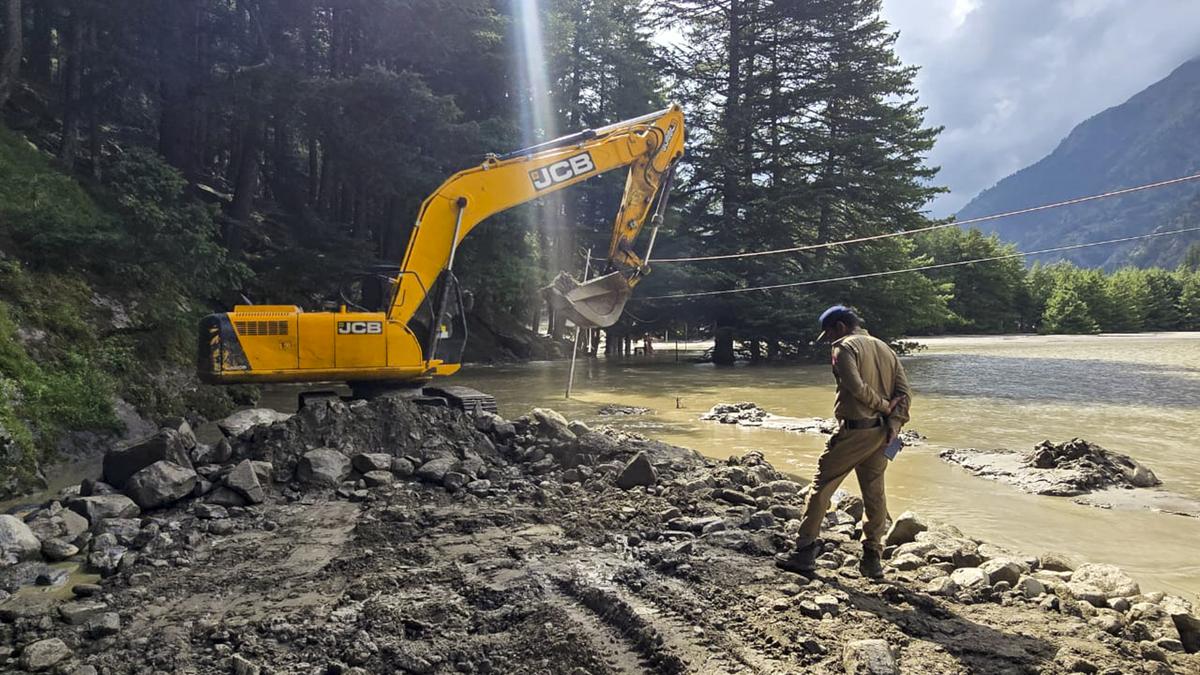Now Reading: Caste Census Sparks Debate on Sub-Caste Classification
-
01
Caste Census Sparks Debate on Sub-Caste Classification
Caste Census Sparks Debate on Sub-Caste Classification
Quick Summary:
- The Karnataka State Commission for backward Classes will conduct a socio-educational survey starting September 22, aiming to classify around 1,800 castes/sub-castes.
- Demands have been made by various caste groups like Veerashaiva-Lingayats, Brahmins, and Vokkaligas to club their sub-castes under main caste categories. The commission declined these requests citing legal constraints and logistical hurdles.
- During past surveys in 2015, similar issues with scattered sub-caste listing created confusion among enumerators and respondents. Alphabetical listings led to challenges such as misclassification or incorrect entries due to similar sounding names.
- Despite objections raised by communities over this method of classification, the commission has insisted on following alphabetical order for ease of mobile data entry during enumeration.
- Objections have also been raised regarding the separate classification of Christian community sub-groups that were self-declared during previous surveys.
Indian Opinion Analysis:
The socio-educational survey in Karnataka represents an ambitious attempt at documenting caste-based data but carries the weight of historical and systemic challenges. While calls from various groups to consolidate sub-caste categories reflect concerns about accuracy and depiction, legal restrictions necessitate maintaining alphabetical order. This approach might ease mobile-friendly enumeration but risks issues like misclassification as witnessed during the previous survey.
The controversy surrounding Christian community classifications echoes broader debates on identity within reservation frameworks in India. Ultimately, achieving clarity in grouping while addressing diverse stakeholder concerns will be critical for the credibility of this exercise. Insights from this survey could hold potential importance for policy planning but must surmount logistical and cultural complexities entrenched within india’s complex social hierarchy.
Read more: The Hindu – Original Article


